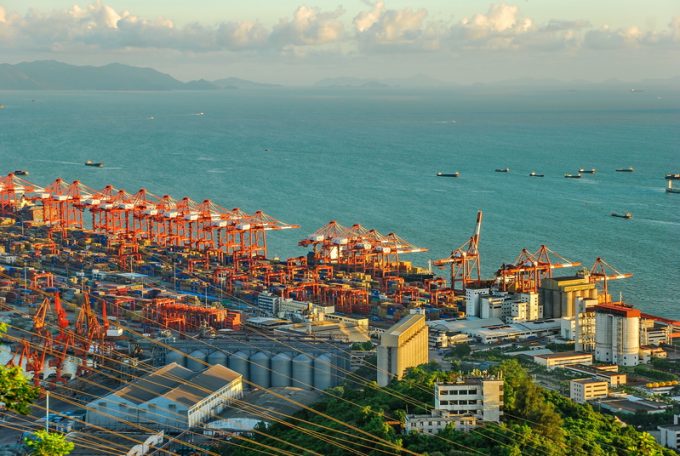MSC revises Mediterranean-US east coast transatlantic network
As the separation of its 2M vessel-sharing agreement (VSA) with Maersk continues to gather steam, ...

State-owned port group China Merchants has launched an initiative in Shenzhen to boost consolidation and transhipment volumes.
In a bid to break Singapore and Hong Kong’s stranglehold on international transhipment and consolidated imports into China, the terminal operator has teamed up with less-than-container-load (LCL) specialist FS International to create the Qianhai Multi-Country Consolidation platform (MCC Qianhai).
The platform connects China Merchants’ Shekou Container Terminals with a 12,000-square metre container freight station in the adjacent Shenzhen Qianhaiwan Free Trade Port, accessible in 20 ...
Maersk u-turn as port congestion increases across Northern Europe
Apple logistics chief Gal Dayan quits to join forwarding group
Maersk Air Cargo sees volumes fall as it aims for 'margin in favour of revenue'
Houthis tell Trump they will end attacks on Red Sea shipping
Transpac rates hold firm as capacity is diverted to Asia-Europe lanes
Airlines slash freighter capacity post-de minimis, but 'the worst is yet to come'
MSC revamps east-west network as alliance strategies on blanking vary
India-Pakistan 'tit-for-tat' cargo ban sparks sudden supply chain shocks

Comment on this article